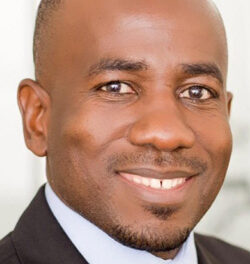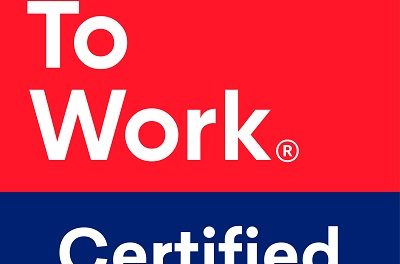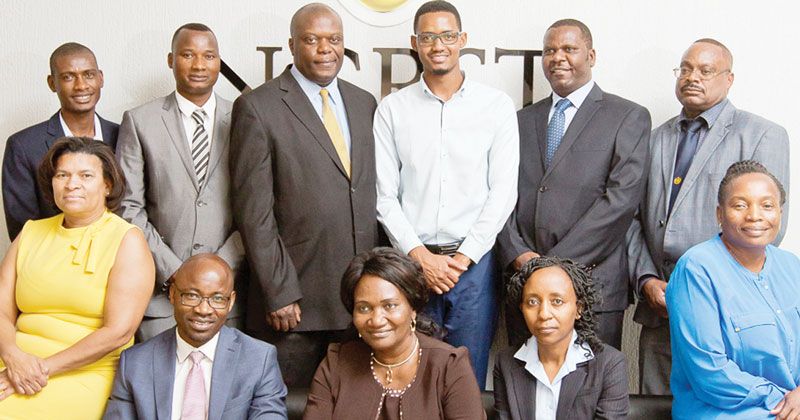
Changes to Accountants Act intended to prevent fly-by-night accounting practices

Intended changes to existing legislation will make it compulsory for any person who performs the duties of an accountant for a fee, to be registered with the Public Accountants and Auditors Board, bringing more oversight to the profession and protecting the rights of companies in terms of their accounting standards and practices.
The Chief Executive of the Southern African Institute for Business Accountants (SAIBA), Nicolaas van Wyk said the proposed changes to Namibian accounting regulations to include all professional accountants, is an important move to place the entire accounting profession on a sound footing.
Local forensic accountant and SAIBA representative, Lehana Nel confirmed that the new regulations to the Public Auditors and Accountants Act will require all accounting practitioners to register with the Public Accountants and Auditors Board (PAAB).
The new regulations are widely expected to curb accounting malpractice, to prevent corruption and to barr accountants who offer their services without legitimate qualifications or registration with a professional body.
Van Wyk continued: “To date, only auditors have been regulated in Namibia, which is not sufficient, especially as the auditing process only occurs about three to six months after the entire financial reporting process. This has led to accounting irregularities and instances of malpractice and corruption. The new law will facilitate comprehensive regulation of all accounting professionals.”
“There have been instances where individuals with a mere high school accounting qualification have conducted audits and signed CCs. Currently, there is no legal framework for the regulators to address this type of malpractice and it is one of the main reasons PAAB is revising the act. Not only will the new regulations make the falsification of information a criminal offence, but it will protect the public interest too.”
Nel added that the benefits to accountants to belong to a body such as SAIBA include support, training and protection. “It benefits Namibian businesses and the economy too as they benefit from standardised and higher quality services.”
SAIBA is the second largest accounting body in Namibia, with about 400 members. Nel works closely with several government departments to keep members up to date, including the Legal Assistance Centre, Business Intellectual Property Authority, Inland Revenue and the Financial Intelligence Centre.
In South Africa, SAIBA was awarded accounting officer status in 1987, allowing its members to sign off financial statements for close corporations (CCs). Because Namibia had a similar CC statute as South Africa, SAIBA members were recognised under local law after 1990.
This year, SAIBA will run a Continuous Professional Development (CPD) programme in Namibia, which includes support webinars for members regarding changes to legislation, updates on technical standards, and advice on practice management. SAIBA will also start preparing professional accountants for the expected changes to trade once the African Continental Free Trade Area gains momentum
“With markets opening up on the continent, the profession has a significant role to play in ensuring accounting and reporting integrity. Chief Financial Officers in particular, can play a major role in making sure Africa has strong representation at the World Bank, the UN or other international financial reporting boards,” according to Van Wyk.
Lehana Nel, SAIBA representative and TS Advisory Namibia forensic accountant.














































